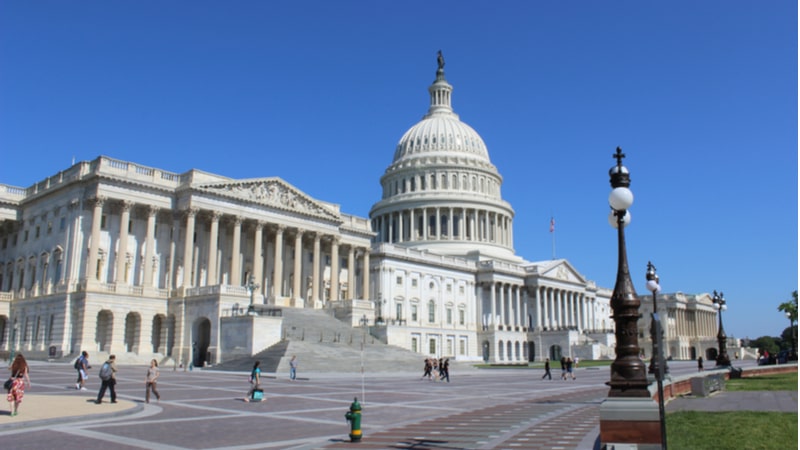
New bipartisan legislation would require the Department of Homeland Security (DHS) to evaluate how terrorist organizations use foreign mobile apps to recruit members, promote ideologies, and receive funding.
The legislation, introduced on Aug. 7 by Rep. August Pfluger, R-Texas, and Rep. Jimmy Panetta, D-Calif., is in response to “increasing utilization” of foreign mobile and desktop social apps, according to a press release. If enacted, it would require DHS, in coordination with the Director of National Intelligence (DNI), to submit an assessment of terrorist threats posed by these apps within 180 days of its passage.
The legislation also includes additional annual assessments for the next five years.
“More than 20 years after 9/11, the advent of cloud-based technology has given terrorist groups even more tools to use in their pursuit of deadly chaos,” said Pfluger, who is chairman of the House Homeland Security Subcommittee on Counterterrorism, Law Enforcement, and Intelligence.
“Foreign-controlled apps like TikTok and encrypted messaging platforms like Telegram have shined a disturbing light on the lengths America’s enemies will go to attack our way of life and radicalize young minds with violent extremist ideology, as well as the terrifying potency of their grotesque messages when disseminated on platforms with almost unlimited reach,” he continued.
The analysis would identify which terrorist organizations are using specific apps to “facilitate the ability to radicalize and recruit individuals,” according to the bill text. It would also show how online payment features work within apps, including how they may provide monetary support to terrorist organizations. DHS would be required to provide recommendations on appropriate measures to address threats.
Each level of the assessment must also adhere to individual’s privacy, civil rights, and civil liberties laws, the bill includes.
Examples of apps specified in the legislation include WeChat, Telegram, and the popular TikTok – which has been under scrutiny by national security experts and lawmakers. Owned by ByteDance, a company based in China, TikTok’s use has already been restricted in about half of the states and in many countries including Canada and the United Kingdom.
In April, President Biden signed a law that would make it illegal for web-hosting services to support TikTok if it was not sold. Currently, 170 million Americans use the app, with lawmakers expressing concerns about the risk of disinformation.
Data on how apps like TikTok may be used for terrorist motives would be gathered by state and local fusion centers, including the National Network of Fusion Centers – interagency collaboration centers providing resources, expertise, and information to the center.
